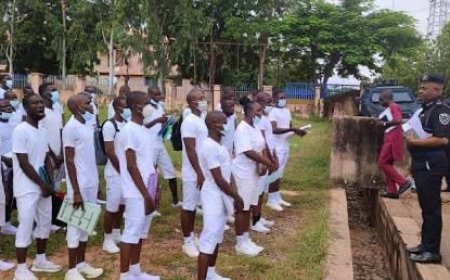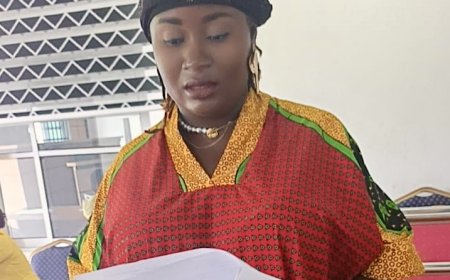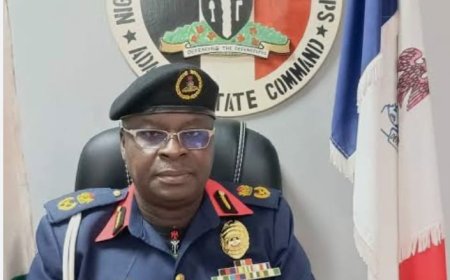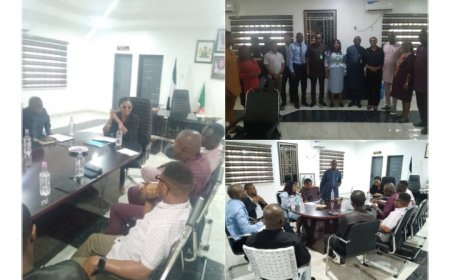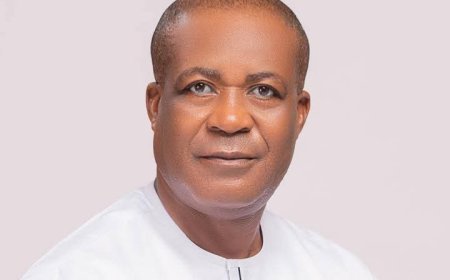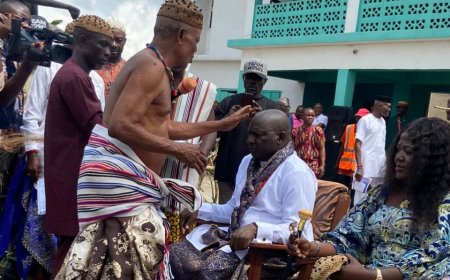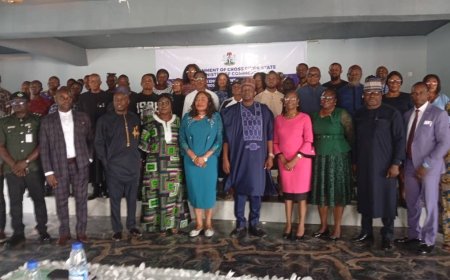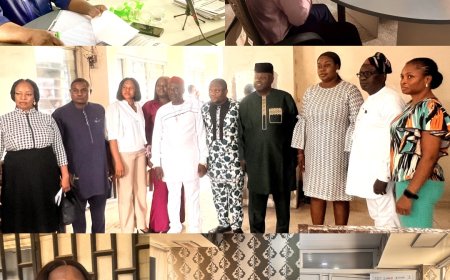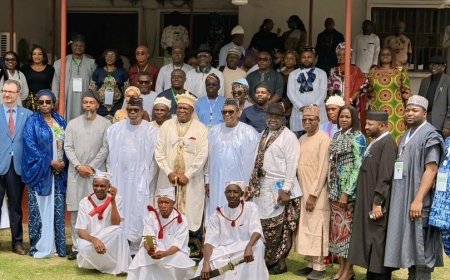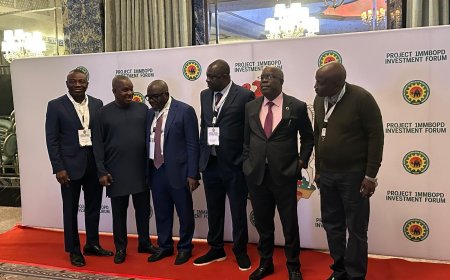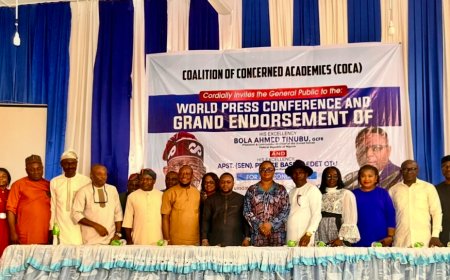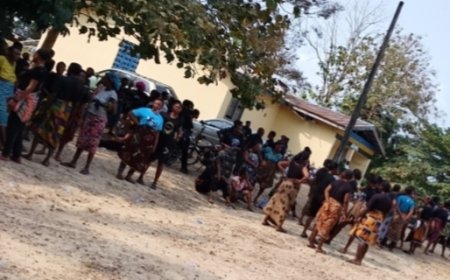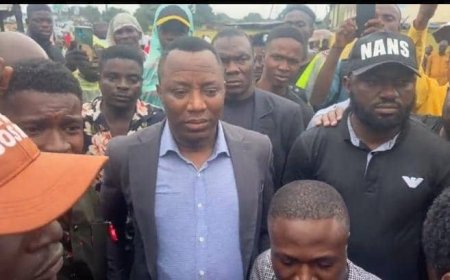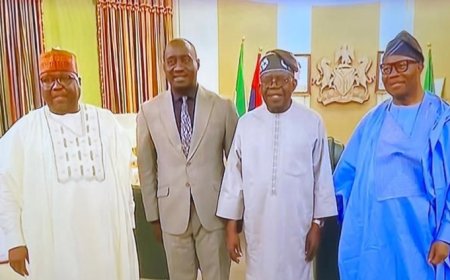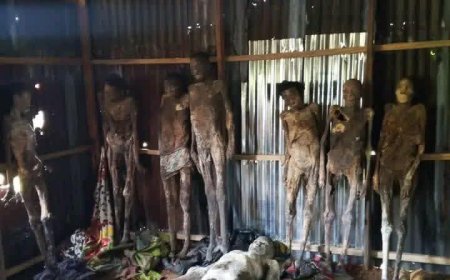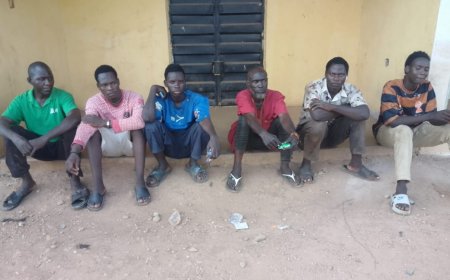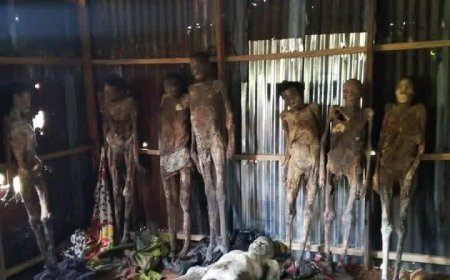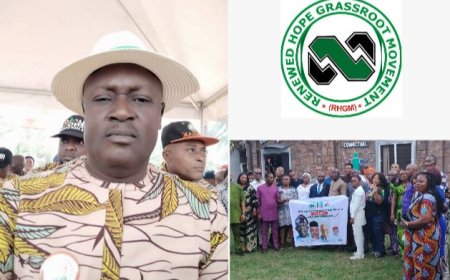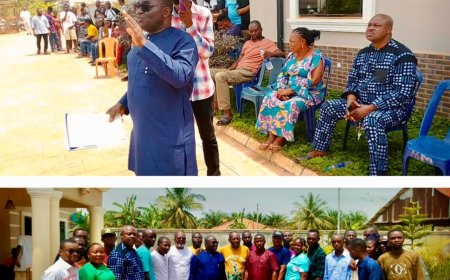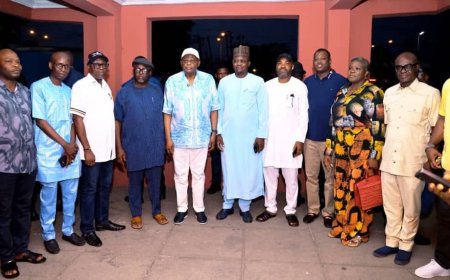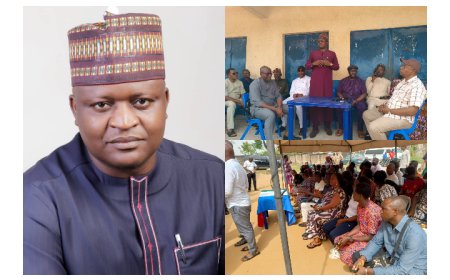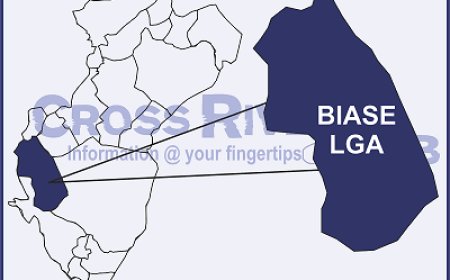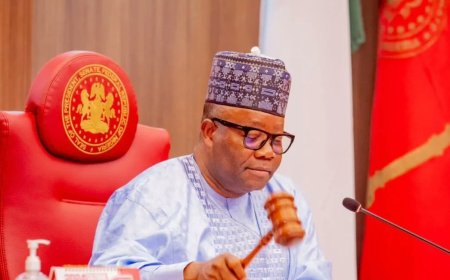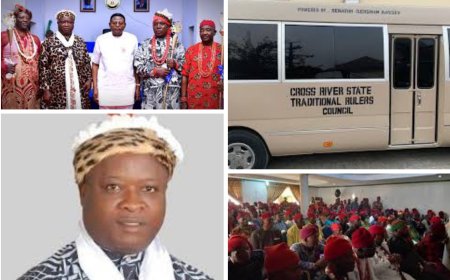OPINION: 76 Oil Wells; Let's Preserve Bonds, Pursue Dialogue

By Isaac AQUA
In the heart of Nigeria’s South-South, two states—Akwa Ibom and Cross River—share more than just borders. They share bloodlines, cultures, languages, culinary dexterity, intermarriages, histories, and destinies that predate colonial cartography and post-independence politics.
Yet today, a dispute over 76 oil wells, once settled in courtrooms, threatens to unravel this long-standing fraternal fabric.
Before current tensions escalate and cloud reason, it is time to step back from the brink of hostility. It is time to preserve bonds and pursue dialogue. Now more than ever, we must rekindle the spirit of brotherhood amid oil well banterings.
The recent reaffirmation by the Akwa Ibom State Government of the 2012 Supreme Court ruling, which handed over the disputed oil wells to it, was both assertive and expected. For Akwa Ibom, the matter is closed—a final judgment by the highest court in the land.
But for Cross River, it is a wound that has never healed—a decision that feels more like dispossession than justice. As expressed in a recent opinion likening the oil wells to the mythical Yoruba Abiku child—lost but forever returning—the matter continues to haunt Cross River’s collective consciousness.
There is no denying that the 2012 judgment altered the course of Cross River’s economic trajectory. Once a littoral state enjoying derivation benefits from offshore oil production, Cross River found itself stripped of those entitlements following the ceding of the Bakassi Peninsula to Cameroon.
The ruling that followed, based on Cross River’s altered geography, effectively disqualified it from derivation proceeds tied to maritime assets. Though legally binding, many still contest the ruling’s geographical and moral logic.
How can a state that hosts the Eastern Naval Command, the Nigerian Ports Authority’s Calabar operations, and the proposed Bakassi Deep Seaport be deemed non-littoral? How does one explain the existence of maritime infrastructure and navigable estuaries in a state officially considered “landlocked”? This contradiction goes beyond semantics; it touches on the heart of what Cross Riverians perceive as an injustice cloaked in legalese.
While this is not a call to relitigate what the courts have pronounced, we must call for leadership that heals—not one that gloats in triumph or stews in bitterness. The 76 oil wells are no longer just economic assets; they are symbols of hurt, loss, and lingering mistrust between two sister states whose destinies were once intertwined.
Let us not forget that Akwa Ibom was carved out of Cross River in 1987, a peaceful administrative exercise meant to enhance development—not to divide hearts or rob heritage. That act did not sever cultural ties nor erase shared histories.
The Efik, Ibibio, Oro, Ekid, and Annang peoples still celebrate together, bonded by common language, marrying across rivers and attending each other’s festivals. What unites them is deeper than what the gavel has divided.
Interestingly, both governors—Apostle Prince Bassey Otu of Cross River and Pastor Umo Eno of Akwa Ibom—are ordained gospel ministers. Perhaps it is no coincidence that they have been divinely positioned to lead at such a time as this.
Their shared spiritual background presents a unique opportunity to apply biblical principles in resolving the lingering dispute—particularly the scriptural admonition against removing ancient landmarks, a warning that resonates symbolically with the contested boundaries at the heart of this conflict.
It is imperative that key stakeholders from both states rise above rising tensions. They must stem the tide of hostile rhetoric and convene a dialogue session to explore a common denominator—grounded in mutual benefit, shared heritage, and common brotherhood. This is not a call for legal reversal, but a plea for understanding and regional solidarity.
Akwa Ibom must recognize that legal victory does not eliminate the need for moral responsibility, while Cross River must channel its grievances into constructive engagement, not combative narratives. It is in such a spirit of dialogue—not litigation—that durable peace and regional development can be achieved.
Let it be clear: political resolution and inter-state cooperation are not signs of weakness. Rather, they are the hallmarks of mature leadership and statesmanship. The Federal Government, under President Bola Ahmed Tinubu, has an opportunity to midwife this process—not by undermining the judiciary, but by facilitating equity-driven solutions that acknowledge Cross River’s loss while preserving Akwa Ibom’s gain.
The Bakassi cession was a national sacrifice. The fallout should not be borne by one state alone. Mechanisms such as joint revenue-sharing frameworks, collaborative development commissions, or federal compensation plans could provide healing where legal pronouncements have left scars.
To the governments of Akwa Ibom and Cross River, we say this: Let not oil blind us to blood. Let not derivation destroy kinship. Let not the quest for wealth sever the ties of heritage. The wells may lie beneath Akwa Ibom soil today, but above ground, there is a deeper well of shared history that must not run dry.
Let the oil rest. Let brotherhood rise. Let dialogue begin—not in defiance of the court, but in defense of a common future and rich heritage.

